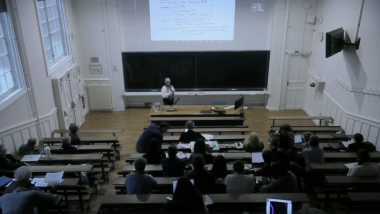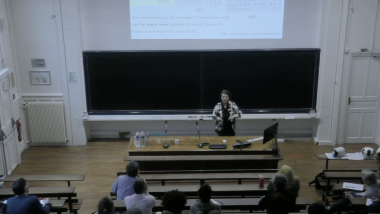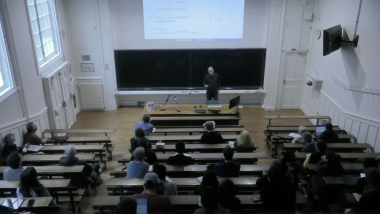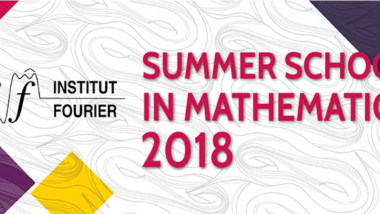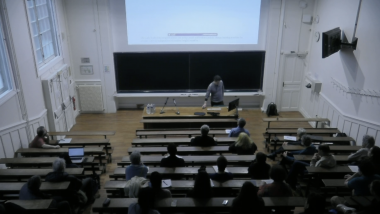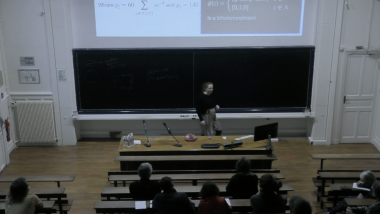Apparaît dans la collection : 2021 - T2 - WS2 - Advances in symplectic topology
Building on the work of Nash on C1-isometric embeddings, Gromov devised a method, called convex integration, to construct and classify solutions of partial differential relations. For the scheme to work, one must assume that the relation in question is ample (and often open as well). The idea behind ampleness is that it allows us to start with a formal solution and add to it rapidly oscillating perturbations, one direction at a time, in order to produce an actual solution that is C0-close.
One of the issues of convex integration is that it is notoriously difficult to apply as a blackbox. It has been applied successfully to many relations of geometric origin, but always assuming (as far as the speaker knows) that "the relation is ample in all directions" (or at least that shortness holds in all directions). This condition means that, regardless of the formal data we start with, adding suitable oscillations along an arbitrary (!) frame of directions will allow us to produce a solution.
In this talk I will discuss an example of differential relation where "ampleness in all directions" fails but convex integration still applies. The relation under study characterises a concrete family of non-degenerate distributions of rank 4 in dimension 6 (which therefore satisfy the h-principle). This is joint work with F.J. Martínez Aguinaga.
